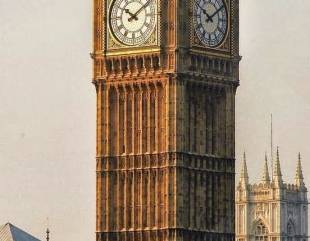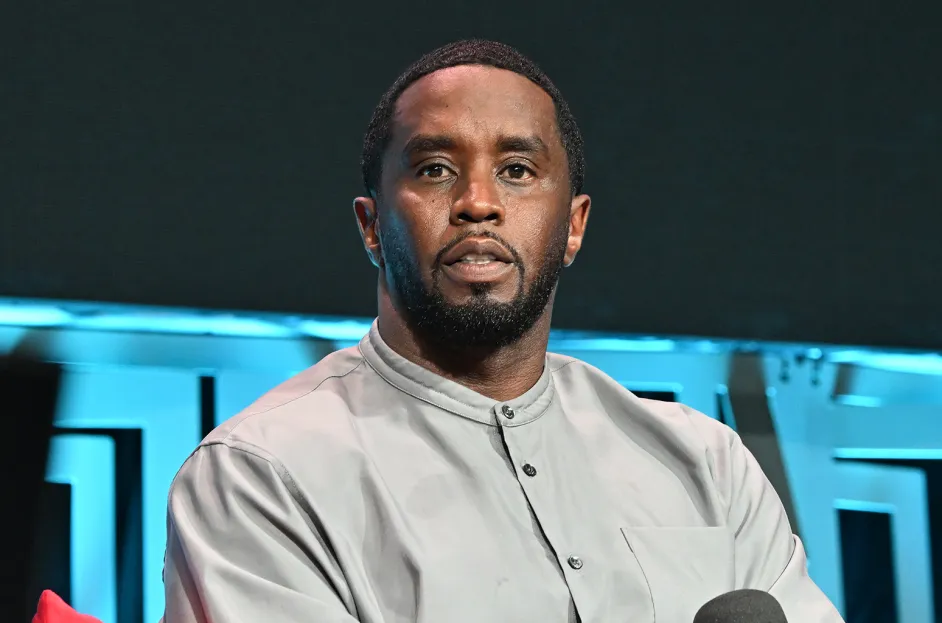There have been tons of questions regarding the noticeable new time difference between Nigeria and the UK. If you are one of those concerned about this change, then you are at the right place, reading the perfect piece. This article simplifies and discusses the actual reasons behind the latest time difference.
An Explanation On Why Nigeria and The Uk Are Sometimes On The Same Zone; And Later On Different Time Zones
For starters, you must note that in a year the UK alternates between Greenwich Mean Time (GMT) and British Summer Time (BST).
During the winter months, the United Kingdom is on Greenwich Mean Time (GMT). The GMT and the Western European Standard Time Zone have the same hour offset (GMT+0).
However, immediately Daylight Saving Time begins, the United Kingdom are on what is known as the British Summer Time (BST), that is (GMT+1). During this period there is no time difference between the UK and Nigeria.
Unlike the UK, Nigeria is on (GMT+1) all year. There are no clock changes to reflect Daylight Saving Time in Nigeria. In contrast, the UK is only on (GMT+1) from the last Sunday of March till the last Saturday of October. From the last Sunday of October to the last Saturday of March they are on (GMT+0).
Daylight Saving Time
Daylight saving time is sometimes referred to as summertime. In this time system, clocks are programmed to change during the summer months and reverse during winter. During summer, day time is extended by an hour, and by the end of summer, the time is reverted.
In the UK, the summer season is ushered towards the end of March. During this period, the time is extended by an hour so people can enjoy more daytime. In the course of this period, both Nigeria and the UK have the time frame. Consequently, when it is 6 am in Nigeria, it would be 6 am in the UK.
However, towards the end of October, as winter approaches, the time is reversed by an hour.
This is done so that the time for day and night matches with the weather condition. As the UK begins to experience shorter daytime and longer nights, the time is switched to ensure people can have shorter days and longer nights.
If you are observant, you will notice that
from March to mid-October, the UK and Nigeria had no time difference. However, currently, Nigeria is one hour ahead of the UK.
Daylight Saving Time And Other Countries
You will be wrong if you think only the United Kingdom extends time and revert time.
The UK is not the only place operating Daylight Saving Time. Germany, Australia, the United States and several other countries operate on this time system. There are however differences in when the time is extended.
For instance, in the US, Congress passed a bill in 2007 that formally begins Daylight Saving Time on the second Sunday of March and ends on the first Sunday of November.
Unlike the US, most western countries begin Daylight Time Saving on the last Sunday of March and end on the last Sunday of October.
A Brief History On The Introduction of Daylight Saving
Benjamin Franklin is credited as the first to suggest this mode of time in his whimsical essay.
Throughout history, the concept of time has experienced various recommendations. An Englishman named William Willett in 1907 advocated for the clock to be set ahead by 80 minutes every April and reverted every September.
Nevertheless, it was during World War I that Daylight Saving Time was adopted by several countries. It was adopted to preserve fuel by lessening the need for manufactured light. During World War II, some countries kept their clocks advanced by 1 hour.
Read More: 4 Functions of Xender, You Might Never Know About
24/7 UPDATES ON OUR WHATSAPP TV, JOIN NOW
Follow Us on Facebook – @2709Updates; Instagram – @2709Updates; X – @2709Updates;
Discover more from 2709 Updates
Subscribe to get the latest posts sent to your email.




